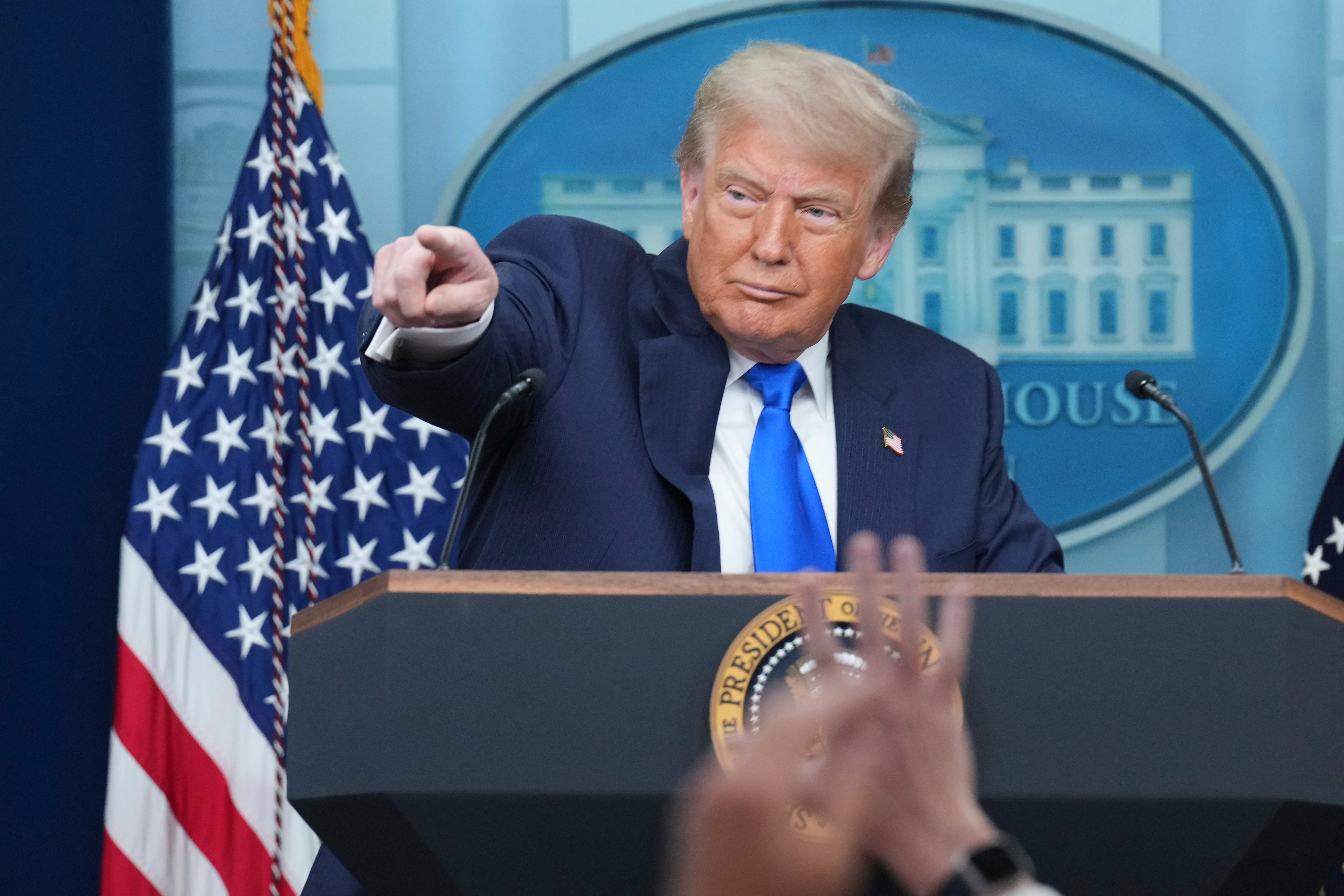Algorithms seem to be dictating just about every facet of life these days, including what you pick out of your closet, and online-shopping platform, PSYKHE, is using a program of psychological profiling to create style recommendations.
When customers sign up, they are instructed to take the big five personality test, assessing personal preferences, which creates the profile.
"So essentially, the big five is the most robust and respected model in psychology. You end up essentially, from 1 to 100 in each of these five scales, resulting in a really specific composite score," Anabel Maldonado, PSYKHE founder and CEO, told cheddar.
Once a customer has completed the test, they can explore their specially curated shopping experience. Over time, the algorithm will improve at making selections that best suit your personality, Maldonado added.
While concerns have grown over the years regarding human bias entering these kinds of algorithms, Maldonado explained that a somewhat diverse staff worked on the initial training set for the artificial intelligence and that the system’s ability to learn shopping tendencies over time can hopefully ensure that a diverse customer base is being served.
She also said that the system’s ability to track dislikes or rejected suggestions is "almost as valuable, if not more," than understanding what a customer does like because a wider variety of options are available.
"Currently the status-quo is that you look at dwell time, and clicks, and purchase history. We don’t really feel that works as well, especially purchase history," Maldonado noted.
PSYKHE looks to avoid repetitive suggestions or similar recommendations that have already been purchased, according to the CEO. And, while PSYKHE is just the latest venture for Maldonado, she plans to expand the brand beyond clothing, using the same artificial intelligence.
"The interesting thing is the relationships between your big five scores and your preferences, health outcomes, behavior, music preference, really a variety of things is what makes the technology so valuable," she said.












